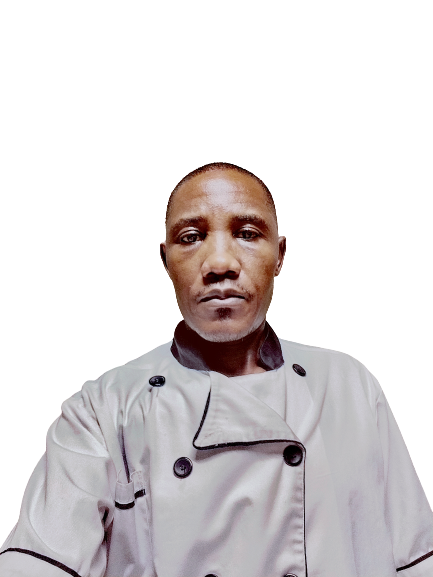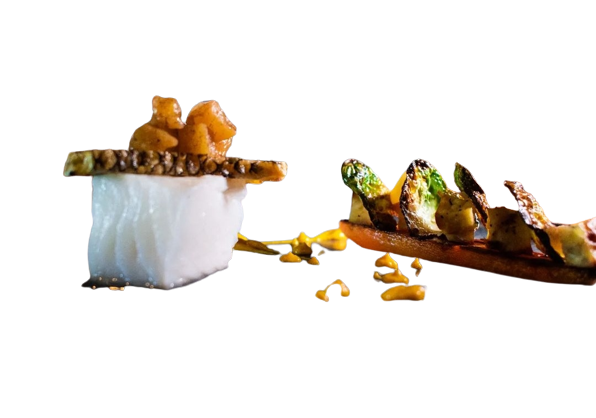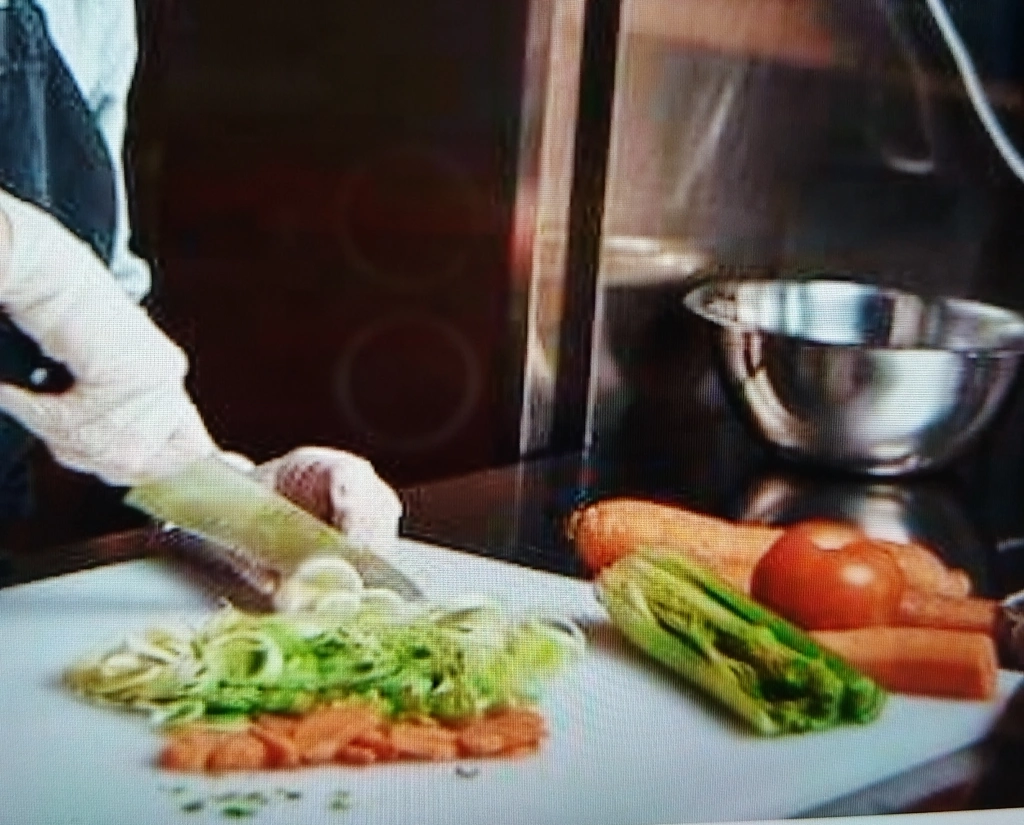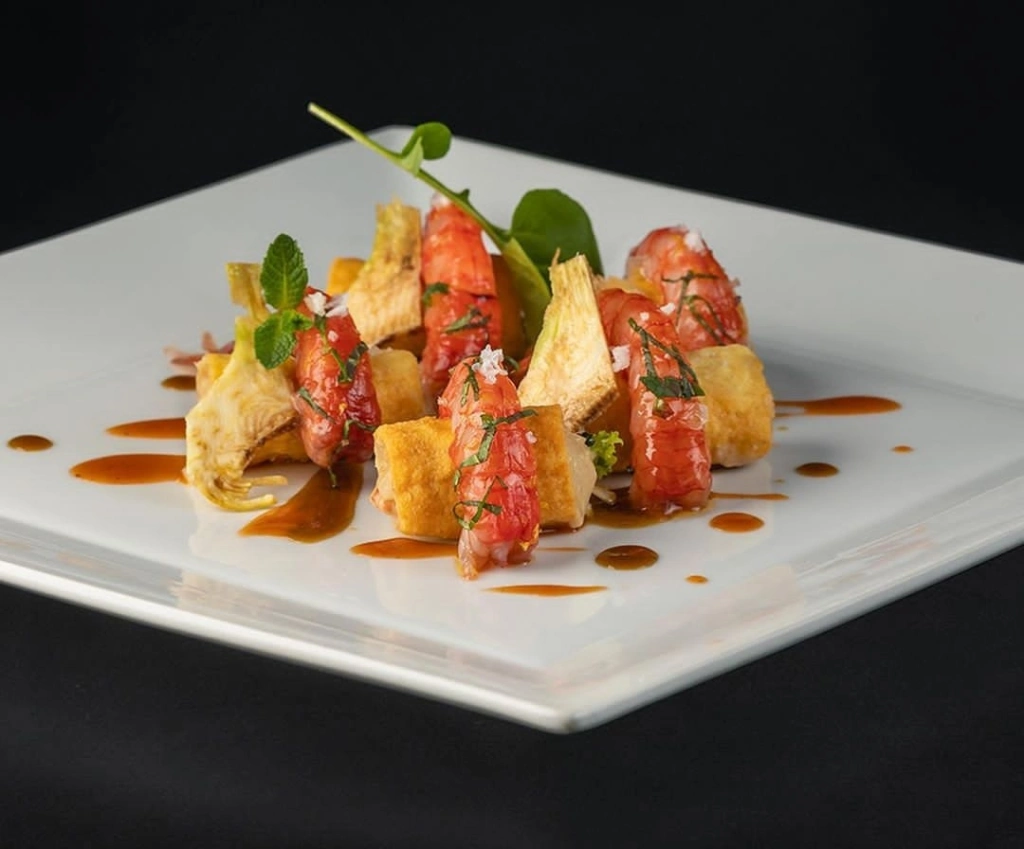Author :chef ssentongo Geoffrey

Discaver the important distinctions between these two kitchen roles and the skills necessary for success in each. Keep reading to explore the main differences between a professional cook and chef!
What Is a Professional Cook?
Professional Cooks are skilled technicians who prepare and make food. Most of their work is hands on, transforming ingredients from their whole states into finished dishes.
There are many different types of cooks, each with varying responsibilities. A prep cook, for example, does supporting work like chopping vegetables, prep-portioning cuts of protein, and concocting sources or dressings. Line cooks, on the other hand, are responsible for the cooking, Plating, and completing dishes for service.
Professional Cooks are also sometimes defined by their work stations. A fry cook runs the fryer for a steady supply of hot, fresh French Fries and other crispy snacks. A grill cook is in charge of grilled items like burgers, chicken, steaks, and some vegetables.

What Is a Professional chef?
A professional chef is a trained, experienced culinarian who has worked in a professional kitchen setting and usually occupies a more managerial role, either running a single-person department or leading a team of cooks. Chefs have a higher degree of responsibility than cooks and must be leaders as well as culinary experts. This means that they also must possess a high skill level of problem solving solving while under high pressure — being able to assess situations and create solutions quickly is imperative.
A chef often spends a great deal of their time supervising and managing the rest of the crew, rather than cooking. They must be able to jump into any position when needed and mentor other team members. But they may also get to create their own recipes and menus, influencing the restaurant’s reputation and helping shape its concepts.
What’s the Difference Between a Professional Cook and a Chef?


The ultimate difference between a cook and a chef is their level of responsibility. A cook completes the tasks assigned to them in order to deliver a chef’s recipe. To do so, they should have the basic skills needed to execute the menu. This can include simple tasks like chopping or mixing, but it can also require more advanced technical skills necessary for complex, multipart recipes.
A chef, on the other hand, is a manager, ultimately responsible for the food that comes out of the kitchen. This title includes the Executive chef, who is the top leader of the kitchen and has control over the menu and overall direction of the restaurant’s culinary program. It can also include additional chef roles. Some kitchens have a chef De cuisine who manages the day-to-day operations. Most have a sous chef who serves as the executive chef or chef De cuisines “ right hand”. There could also be a Pastry chef who creates the desserts and may run a small team of pastry cook.
A professional chefs usually start out as cooks and earn the title of chef later in their careers. They are often the people in the kitchen with the most culinary education and experience. Chefs may have attended a formal culinary school, or they may have worked in the industry for many years to grasp the necessary skill set.
“ We always say in this profession that you need to grow into the position that you aspire to have. So if you want to become a sous chef, as a lead line cook, you need to begin doing sous chef jobs already.”
What Skills Do Professional Cooks Need?
A professional Cooks skill level can vary quite a bit, from entry-level to the most expert cooks at high end restaurants. Cooks should know the Basic Cooking Functions, like baking, roasting, steaming, broiling, and poaching, and when each is appropriate. They should also know the different kinds of cuts, so that when the chef asks them to Chiffonade some basil or julienne a carrot, they’ll know what is being asked of them.
What Is Your Career Goal?
Not everyone’s goal is to become an executive chef — and that’s just fine! Every person in the Brigade de cuisine is important, and some people may be happier as a sous chef or head pastry chef. So if you’ve got different aims in mind, that’s fantastic.
Regardless of where you want to ultimately land in the kitchen, the road ahead can start with a quality education. Learn more.

What Makes A Good Sous Chef?
So you’ve got your heart set on being an executive chef. But you know there will be several stops along the way to prepare you for the role of head chef in a foodservice establishment. One of those landmark roles in the Brigade de cuisine is the Sous Chef.
Understanding what it takes to become a great sous chef can help you build a solid career in the culinary arts. If you hope to be an executive chef commanding a team in your own kitchen, this knowledge is crucial.
What Does “Sous Chef” Mean?
The word “ Sous” is French for “under” originally translates as “Chief” —so a sous chef is second-in-command to the executive chef or chef de cuisine.
What Does a Sous Chef Do?
Sous chefs are called upon to support executive chefs and represent them in their absence. The Sous Chef often is the one responsible for training new staff members and managing the team. They must be able to think on their feet, make sound snap decisions, and come up with creative concepts for the restaurant.
Further, they must track and order inventory, oversee the successful completion of sanitation practices, and ensure that the kitchen staff have what they need in terms of tools and supplies to seamlessly deliver a finished product.
A good sous chef will straddle the line between a chef and a cook, accordingly.
This role requires a range of skills as well as a specific mindset. Here’s a rundown of the competencies you may need to develop.
* Cooking Skills
* Organisational Skills
* Leadership and Communication Skills
* Reliability
Embarking on the Journey to Sous Chef



With the level of responsibility and ongoing personal growth required from a sous chef, you can certainly benefit from ongoing passion for the work. Many sous chef positions may require some sort of formal culinary education. Learning how to become a good sous chef takes dedication and perseverance, but is a very rewarding career if you have the personality and drive to pursue it.

Leave a comment